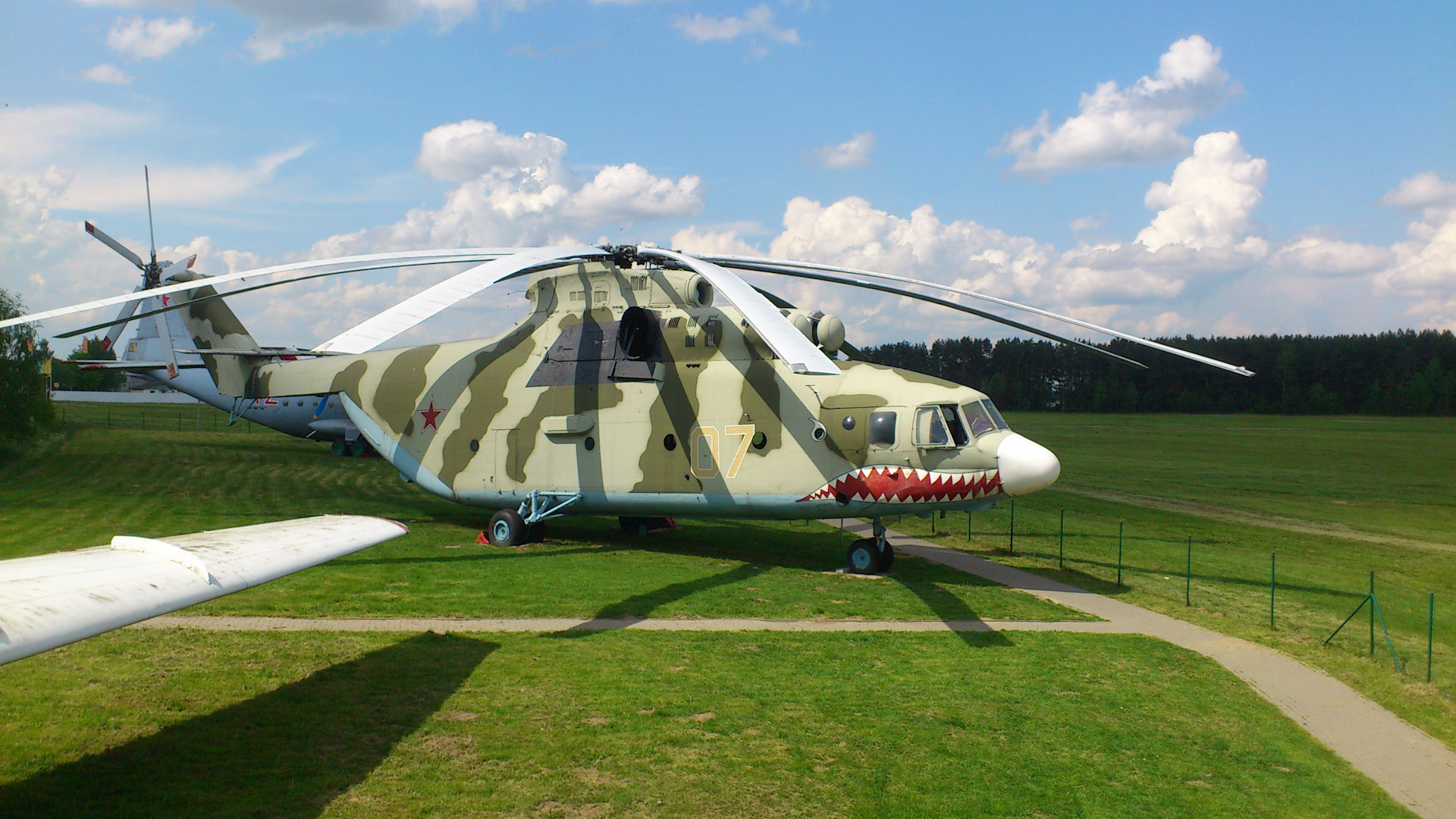Online booking or calls 24/7:
+375 29 612 02 05
Maslenitsa - is the most cheerful holiday, which people are waiting for the whole year. It lasts for seven days and during the whole week people bake pancakes, make fun, play games and visit each other.
Butter Week is a celebration of the imminent end of the winter. Before the onset of Great Lent people bid farewell the winter, feel glad about first warm days, bake pancakes and prepare to clean their bodies and soles.
Traditions of Maslenitsa
Maslenitsa has its origins in the pagan tradition. Despite the fact that with the adoption of Christianity Slavic beliefs changed, Maslenitsa saved its significance. The Orthodox Church called this holiday Cheesefare Week (Meat-fare week) as it is the last week before Great Lent. The holiday gained the name “Maslenitsa” because as per an orthodox tradition, meat was excluded from all the meals, but dairy products could be still eaten.
But, as before, this holiday has to be celebrated with songs, dances and competitions. The most popular amusements and entertainments which took place in villages were Russian boxing, sledding, for a (certain) time pancakes eating, capturing of a snow fortress, swimming in an ice-hole, plays with a bear, and finally, burning of a man of straw.
The main and the most important treating which has to be served by any host were pancakes with different adding. Pancakes has to be baked all day long and in big quantities. People thought that one who did not make fun on Maslenitsa would spend the year in poverty and there would be no fun in his house. In no circumstance meat food could be eaten. But it was allowed to eat dairy products and fish.
In 2016 Maslenitsa starts 7th March and lasts till 13th March. Maslenitsa is celebrated from Monday till Sunday and every day of the holiday has its traditional activity.
Monday was called “Meeting of Maslenitsa”. This day hosts started to bake bliny - thin pancakes or crepe made from the rich flood. The first one had to be offered to the poor. On Monday people built for children the Maslenitsa effigy out of straw and placed it on the main street. It had to stay there till the end of the holiday.
Tuesday was called “Dalliance day” and was completely devoted to new married persons. This day young men had to search for a fiancée to marry after Great Lent. This day public entertainments were set: sledding, rides on the merry-go-round and slides (icy hills).
Wednesday was called “Gourmand day”. On this day people used to invite guests (neighbors, friends, relatives) and to treat them to tasty pancakes and crepes, cakes, honey parkins. Also on Wednesdays mother-in-law treated their song-in-law to pancakes.
Thursday was called a day of a fun. Precisely from this day a so-called wide Maslenitsa started. This day people went for a sleigh rides, snowball fights, sang merry songs and made round dances called khorovod.
Friday. This day was called “Mother-in-law evening” because precisely this day songs-in-law invited their mother-in-law for a dinner and treated them to pancakes.
Saturday was called “sister-in-law evening”. Young sister-in-law invited their husbands’ sisters, talked to them, treated them to different tasty dishes and made presents.
Sunday was the main day of Maslenitsa and bore a name of Sunday of Forgiveness. Precisely this day people bid farewell to Maslenitsa and the winter, and symbolically burnt the effigy out of straw in a bonfire. The effigy out of straw was made on the first day of the holiday. Very often different useless things were thrown into the bonfire to be brought back to their host renewed. It was a standard practice on Sundays to beg relatives and friends for forgiveness for grievances that accumulated over the year.
Bliny – symbols of Maslenitsa
Belarusian cuisine has many recipes of pancakes with different adding. Hosts bake pancakes with fish, mushrooms, eggs, honey, buckwheat, onion, cottage. Pancakes are served with sour cream, red or black caviar and butter. An interesting fact was that previously pancakes were eaten only by hand. People beleived that if they were pierced with a fork or cut with a knife, the trouble would come soon.
Signs and traditions on Maslenitsa
There are many signs connected with Maslenitsa and previously people believed in them. People believed, that it had to be baked as many pancakes as much happiness and prosperity a person wanted to have. Piles of pancakes foreboded success, wellness and prosperity for relatives and friends. If no dishes were served on this holiday, financial trouble would happen that year. It was also a bad sign if the pancakes were not a success or burnt slightly. It meant that a trouble, an illness or annoyance would come. Also our ancestries believed that cold weather on Maslenitsa foreboded good harvest and a productive year. Young ladies which wanted to get married that year had to give to drink to all the men whom they had met on their way. It was believed that to meet a drunk man promised a long and happy married life.





